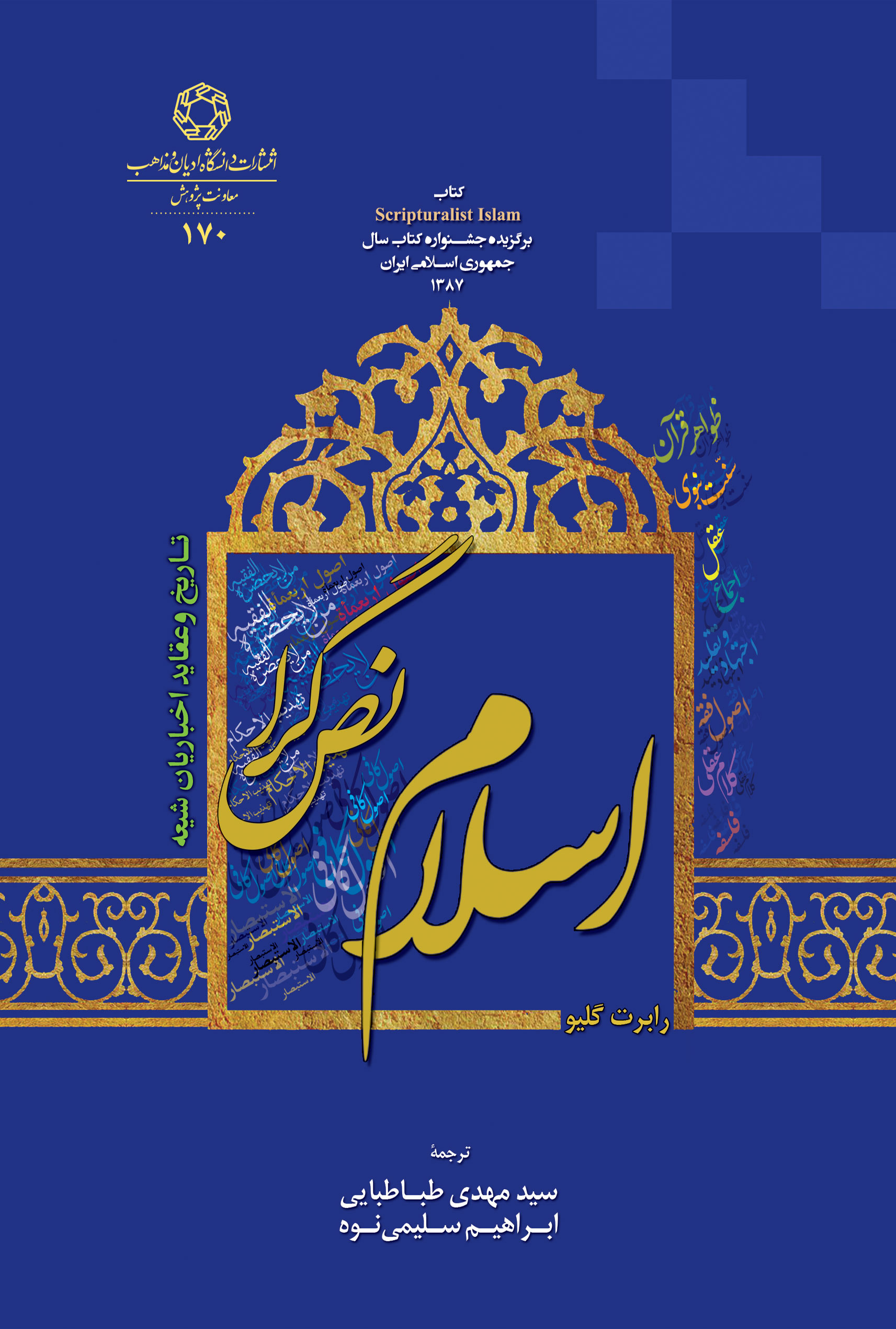Scripturalist Islam: The History and Doctrines of the Akhbari Shi’i School
The term “Akhbari,” in its terminological sense, emerged within the Shiite intellectual tradition during the eleventh century. It was established by Muḥammad Amīn al-Astarābādī (d. 1036 AH) and his followers. Over the course of the subsequent generation, this trend gained prominence and eventually acquired a notable status by the late eleventh century within the body of Shiite jurisprudence, its principles, and theology.
Thanks to the dedicated efforts of Akhbari scholars, Akhbarism secured a respected position within Shiite seminaries. It evolved into an official Shiite movement, maintaining its prominence for approximately 150 years.
Akhbari scholars hold several significant viewpoints, including the belief in the presence of divine wisdom in all things and the accuracy of all the hadiths cited in the Four Books. They emphasize the necessity of attaining certainty and restrict their sources of inference to the hadiths transmitted from the Prophet’s Household (peace be upon them). Akhbaris also reject the validity of conjectures made by mujtahids and the apparent meanings of the Quran. Additionally, they consider the principles of jurisprudence and philosophical theology as invalid.
This book, written by Professor Robert Gleave and published by Brill in 2007, delves into the examination of the beliefs upheld by the intellectual school of Shiite Akhbaris. Its primary objective is to offer a comprehensive study of the Akhbari beliefs, making it a valuable resource for scholars and researchers interested in intellectual history and Shiite studies.
| Author | Robert Gleave |
|---|---|
| Translator | Ebrahim Salimi Naveh, Mahdi Tabatabaei |
| Cover Type | paperback |
| Publication Year | 2017 |

